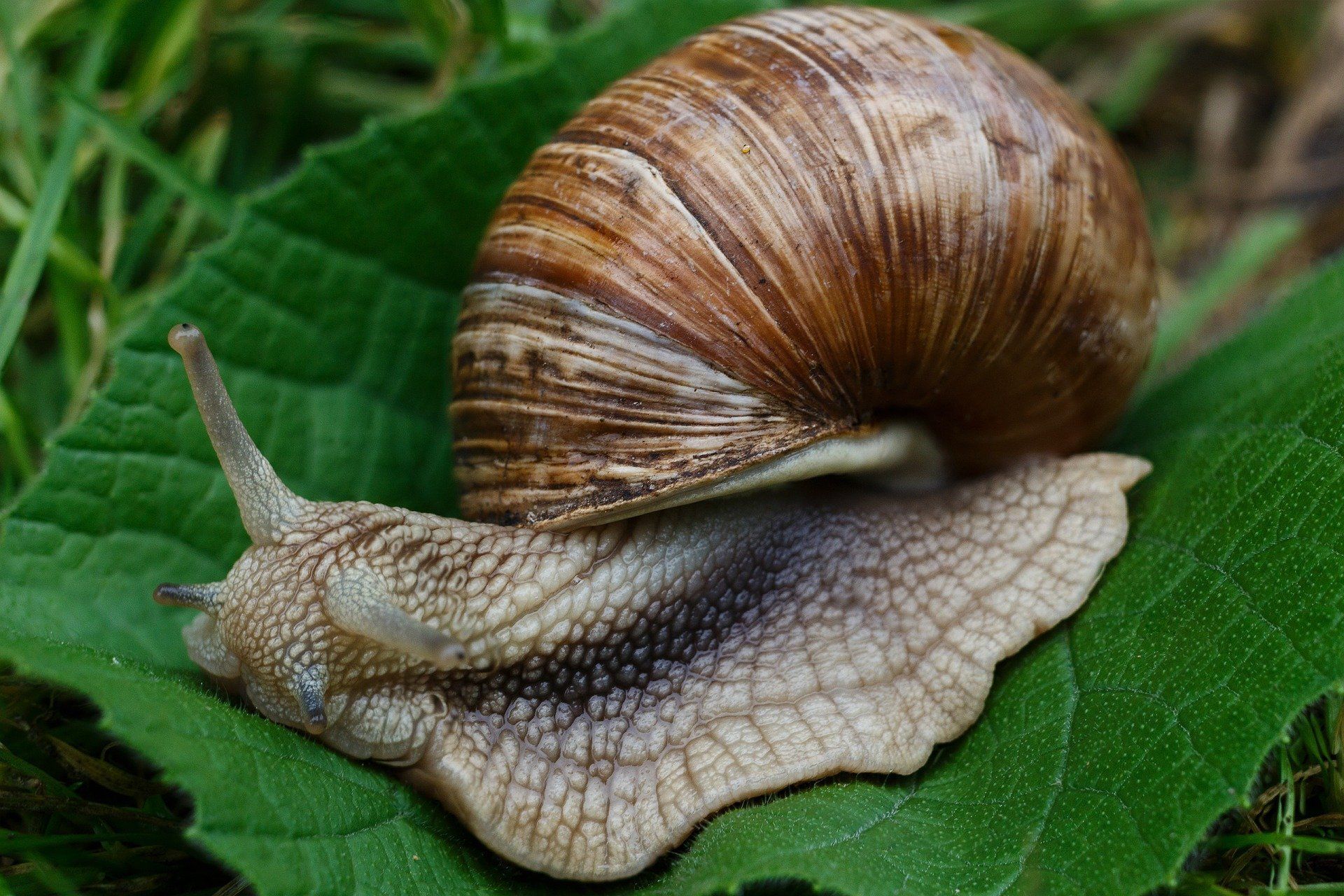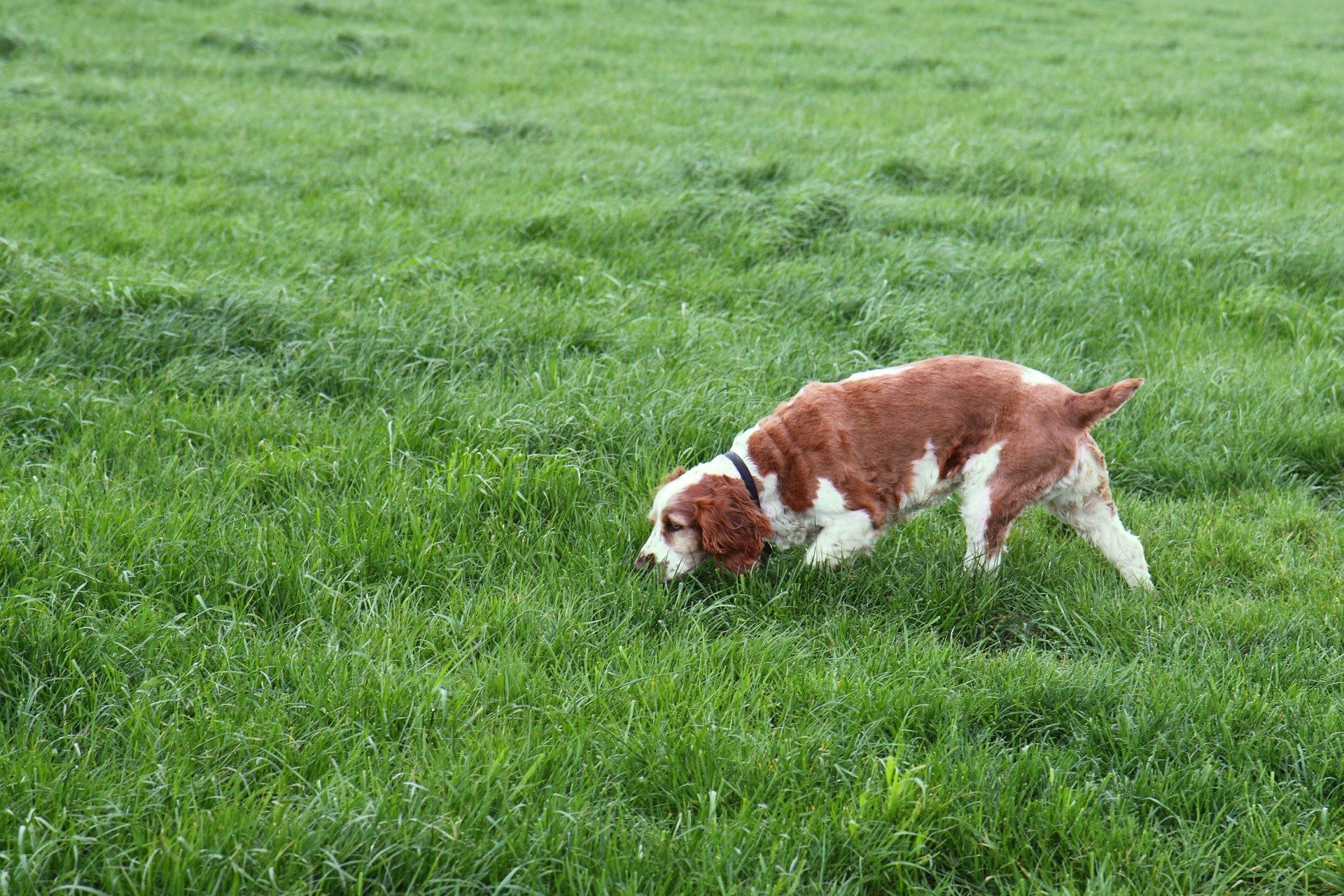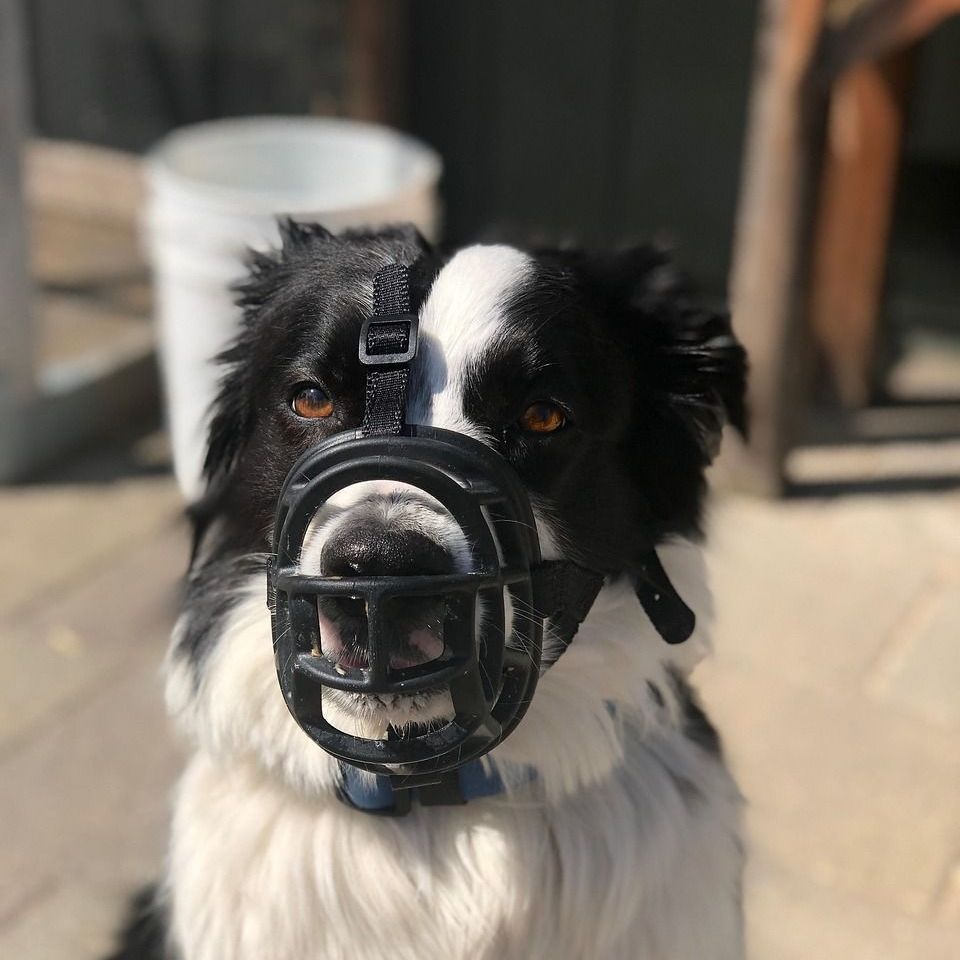Lungworm - Myth or Reality
Lungworm was first seen in the UK in 1975. Back then, recorded numbers were low. However today it is now what we call an 'emerging' disease, meaning it is gradually becoming more common, and poses a real risk to our pet dogs. In this blog, we will learn a little more about this small potentially deadly parasite and how and why over recent years a theoretical risk has become very real.
What is lungworm?
Lungworm is a type of parasitic worm (proper name Angiostrongylus vasorum ) which affects dogs and also foxes, who are often implicated in spreading the disease. Once dogs are infected, adult lungworms live in the heart and the major blood vessels supplying the lungs, where they often cause a host of potentially serious problems.
How does my dog get it?
Unlike many diseases, lungworm is not actually passed directly from dog to dog. An infected dog/fox passes lungworm larvae in its poo, which slugs or snails ingest. There, the parasite grows and develops, and it is from eating these slugs or snails that your dog can get infected. When your dog rummages through undergrowth, drinks from puddles, eats grass, or generally sniffs around outside, they can end up eating these slugs or snails either accidentally, or on purpose. Contact with the slime trail in outdoor food and water bowls, even over toys left out in the garden, can be enough to cause infection too. Young dogs are more susceptible to infection because they tend to explore, eat, and chew when outdoors. Snails are most active in spring and autumn, but remember not all snails carry the parasite. The more infected slugs and snails eaten, the more likely disease is then rapidly spread within dog and fox communities.
Why is lungworm important?
If your dog is affected by lungworm, the symptoms can be serious, even fatal. Signs can be vague, such as reluctance to exercise, but can also include coughing, breathing problems, and abnormal bleeding.
Chest x-rays, although important, can’t differentiate lungworm from other causes of chest and heart problems. We can examine a sample of the dog’s poo under the microscope to look for larvae, although this isn’t one hundred percent reliable, as they are not always present in every sample. Blood tests can also be done to detect active infection.
How widespread is lungworm?
A study in 2015, suggested 18.3% of UK foxes were infected with lungworm – significantly higher than the 7.3% found in a 2008 study. The south-east is reported to have the highest rates, with 50% of foxes found to be infected with the parasite (more than double the previous figure). Even in the north of England and Scotland 7.4% of foxes were found to be infected, despite not being found in this region in the earlier study. The parasite was found in 6.7% of slugs and snails tested in the Glasgow area, 11% in a public park in Glasgow where the first confirmed case of lungworm was reported in 2009. Positive specimens were also found in parts of the area in which lungworm was expected to be absent.
How many cases have there been in the UK?
An interactive lungworm distribution map ( www.lungworm.co.uk/lungworm-map) was launched by the drug company Bayer in March 2015, to monitor lungworm diagnosis around the UK, check historical data and share new cases of lungworm. Hundreds of cases have been reported, and key lungworm risk areas identified. Go online to check your area. Vets across the country are being asked to record every confirmed case, but there is no obligation to report it so the data is in no way complete. In addition, many suspected cases that are treated and get better without ever being diagnosed, will not appear on the map. There is a concern that the cases we diagnose may only be the tip of the iceberg.
Why does lungworm seem to be on the increase?
It was once unclear if the parasite was genuinely extending its range across the UK or, rather, the apparent spread was due to an increased awareness among veterinary professionals and the public.
The distribution is actually is due to many factors such as environmental changes, an increased abundance of snails and slugs, and better awareness of the signs associated with the presence of the parasite.
This parasite’s geographical range has expanded faster than our knowledge. Continued study will aid our understanding.
What can I do to prevent it?
With regular use of preventative products, prevention is easy to achieve. Not all worming products are effective against this particular parasite so speak to one of our vets to get the right one for your dog. Regular removal of faeces, removing toys and water bowls from the garden during the night and limiting access to areas where slugs and snails may be present, can help.
Increasing awareness of lungworm, both by vets and owners, is improving our ability to diagnose and confirm its existence. Evidence also suggests the mollusc host, and amount of parasites in the environment are increasing, meaning we are likely to see more of this condition. The key to fighting back is in recognising the risk factors, and regular use of preventative anti-parasite treatments.
This parasite is certainly no myth and once it infects your dog it can be very difficult to treat, and can be fatal. Please speak to one of our vets for more information.














